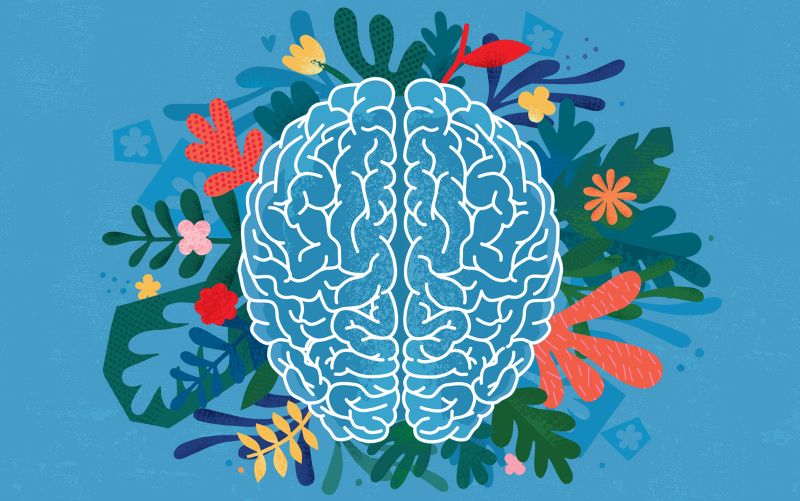Mental Health: A Hidden National Emergency
Pakistan is facing an alarming mental health crisis, with fewer than 500 psychiatrists nationwide and over 90% of people suffering from depression or anxiety going untreated. Despite growing awareness, mental health remains overshadowed by cultural stigma, religious misconceptions, and economic hardship.
In many communities, psychological disorders are still seen as spiritual weakness, divine punishment, or supernatural possession, leading people to seek faith healers instead of professional help. Deep-rooted phrases like “men do not cry” discourage emotional expression, while derogatory terms such as pagal or nafsiyati silence those struggling with mental illness.
Access to care is limited, as therapy costs thousands of rupees and facilities are concentrated in major cities. Economic instability, inflation, and trauma from recent floods have further deepened despair, making mental health a national emergency hidden beneath denial.
The stigma extends to issues like divorce, domestic abuse, and trauma, trapping individuals—especially women and girls—in emotionally damaging situations. Men, too, suffer under toxic expectations, often suppressing emotions that manifest later as aggression, substance abuse, or even suicide.
Children are affected early, with most schools lacking trained counsellors. Students are often told to “be strong” or “stop crying,” reinforcing the idea that expressing pain is shameful. Victims of marital abuse are urged to compromise, even at the cost of their mental wellbeing, allowing depression and anxiety to fester in silence.
Experts argue that Pakistan must adopt a mass-level awareness campaign similar to the Covid-19 response, using media, entertainment, and education to normalize conversations about mental health. Schools should integrate emotional literacy and coping strategies into curricula, while tele-therapy initiatives must be expanded to underserved rural communities.
The article concludes that healing Pakistan requires replacing judgment with empathy, denial with understanding, and silence with dialogue. Treating a wounded mind with the same urgency as a wounded body is essential for real progress.



Comments (0)
No comments yet. Be the first to comment!
Leave a Comment